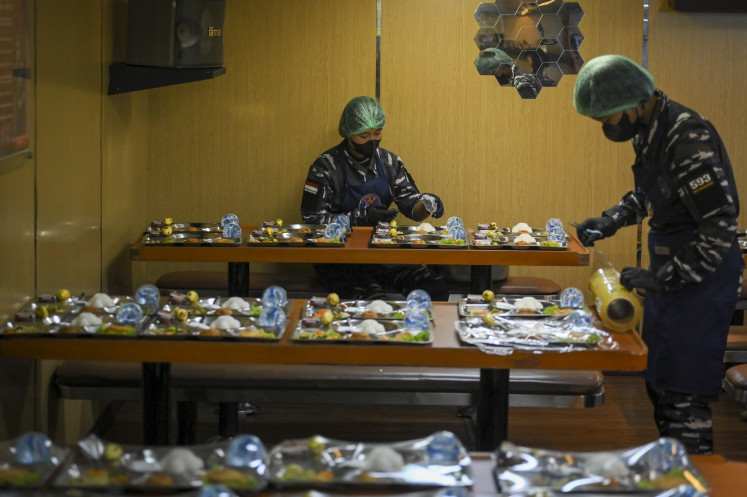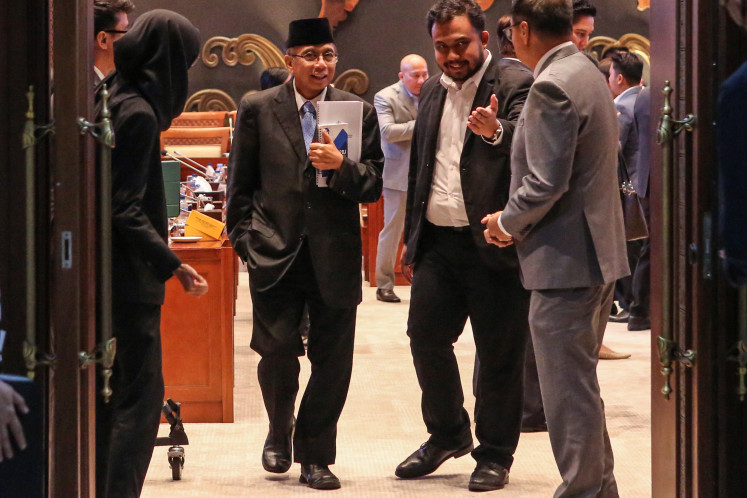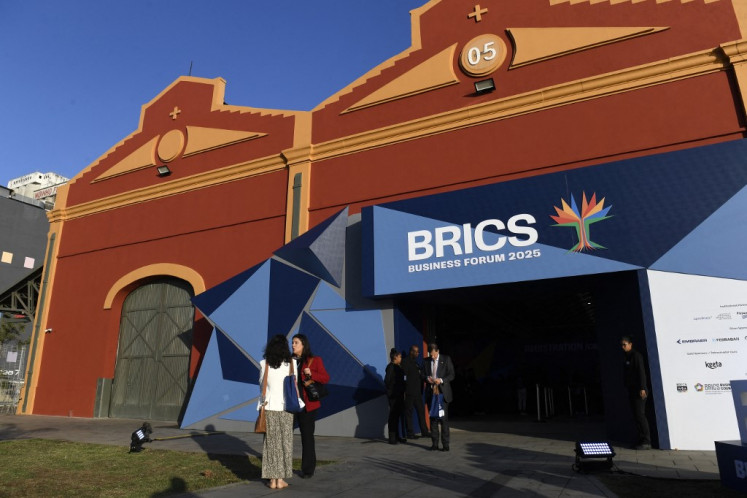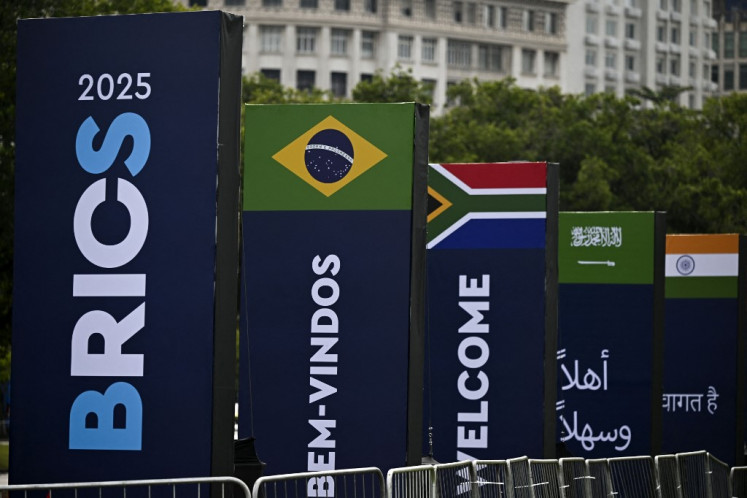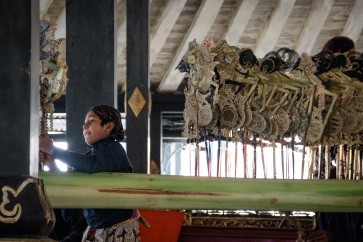Popular Reads
Top Results
Can't find what you're looking for?
View all search resultsPopular Reads
Top Results
Can't find what you're looking for?
View all search results‘Wayang kulit’ demonstrates Indonesia’s resilient culture
Protests against the perceived assault on wayang kulit (traditional shadow puppetry) are the manifestation of continuing fear about the dissemination of ideologies promoting global Islam.
Change text size
Gift Premium Articles
to Anyone
A
conservative Wahhabist religious preacher, Khalid Basalamah has sparked controversy after a statement he made a couple of years ago recently went viral. He made the remarks during a question-and-answer session following his regular speech at a South Jakarta mosque.
In response to a question from a Javanese participant, Basamalah insisted that wayang kulit (traditional shadow puppetry) needed to be destroyed because the cultural performance was against Islamic values.
The statement alarmed the public, who feared that such words would be detrimental to the material culture and arts inherent in wayang kulit, which is considered integral to Indonesian culture, especially for the Javanese. Indonesians also fear that this is a manifestation of conservative Wahabi ideology flexing its muscle against autochthonous Indonesian culture.
A wide range of community groups have expressed discontentment over the statement, calling for the religious figure to be wiser. Abdul Mu’ti, secretary-general of Indonesia’s second-largest Muslim organization, Muhammadiyah, argues that wayang kulit is an effective tool to promote Islamic values as it is part of local culture and wisdom. An activist with the influential semi-state body, the Indonesian Ulema Council (MUI), said Basalamah needed to be more mindful in his comments.
All these protests against the perceived assault on wayang kulit are the manifestation of continuing fear about the dissemination of ideologies promoting global Islam, which include Wahhabism and Tarbiyah, since the 1980s, and which have been followed by Salafi and Islamic caliphate movements. The dissemination of global Islam coincided with the advent of worldwide Islamic revivalism in the 1970s, which also affected Indonesia.
As a result, the values of global Islam have increasingly been affecting the social, ethical and spiritual lives of substantial numbers of Indonesians, evoking fears of growing intolerance and extremism in the diverse nation. Some surveys have warranted these fears, showing rising intolerance and extremism among professionals and both non-tertiary and university students since the 1998 reform.
Concerns over rising intolerance and extremism have also been voiced by moderate Muslims and government officials, including President Joko “Jokowi” Widodo. Are all these fears justified?







